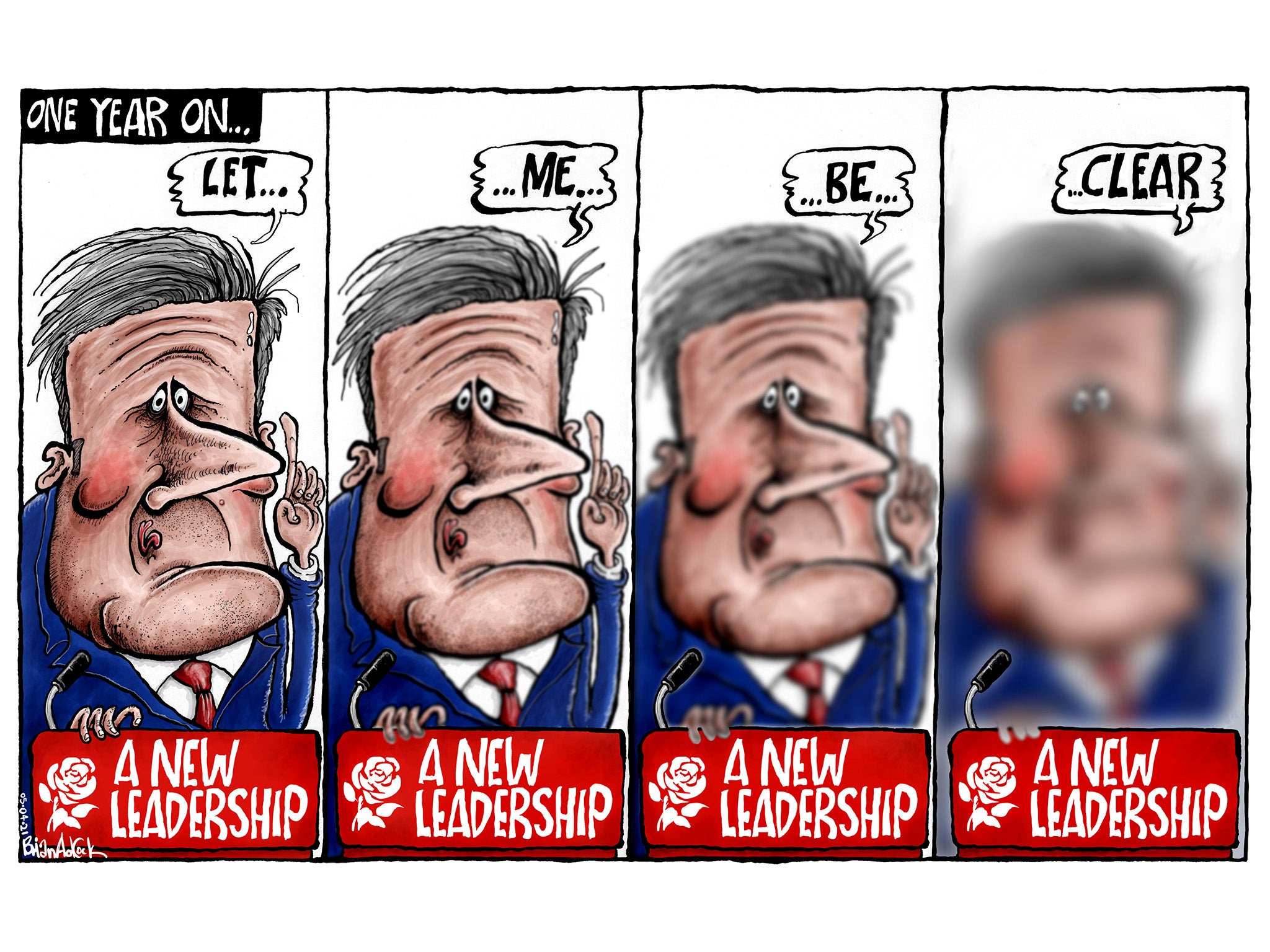It has been an extraordinarily difficult year for Keir Starmer, who became leader of the Labour Party in the aftermath of the 2019 general election when the party suffered its worst defeat since 1935.
There was no agreement then as to why Labour had polled so badly. Jeremy Corbyn argued that Labour had “won the arguments”, a position ridiculed by senior Labour MPs, including its former interim leader Harriet Harman. That debate, and hence discussion about the appropriate direction for the party now, continues vigorously.
The battle to set Labour’s future direction continues within parliament, for its MPs inevitably represent the wide spectrum of opinion within the party. It also continues among Labour supporters more generally. For example, as John Rentoul reported last week, former minister Peter Mandelson told students at King’s College London: “It’s simply a myth that Labour can win from the left.” It could only win from the centre.
However, a quite different perspective comes from many supporters of the party, including Len McCluskey, general secretary of Unite, one of its biggest backers. He has argued in The Independent that Starmer suffers from a lack of authenticity: “Focus groups show that, at best, his Labour Party is seen as dull, absent of convictions or presence, at worst opportunistic, only following the political wind after it has blown, rarely making the weather.”
This lack of direction has been picked up by Labour voters who defected to the Tories at the last election. An opinion poll carried out by The Independent shows that nearly half of those who voted Conservative in 2019 are unconvinced that the Labour Party is more electable now that it was when Starmer took over.
The key message from the poll is that he has too often avoided the big decisions, preferring to play safe. That is understandable while the country remains in the grip of a pandemic. But as restrictions ease, he must chart a convincing line for the future. There are several elements needed to build a credible strategy.
First, he needs to recognise that he has time. It will be very difficult to overturn the lead that the Tories have established, with the largest share of the popular vote for 40 years, in one parliament. He cannot say that – and most Labour supporters would not accept that – but if he plans for the long term, circumstances may move his way and allow him to speed up the recovery.
Read more:
Next, he must build a credible front bench. He is a credible prime minister. He has been attacked for appearing lacklustre, short of passion, too much the measured lawyer. But in personal terms he is authentic. His shadow cabinet is not. So he must make the best of the talent he has available. There are several Labour “big beasts” that he should consider bringing back into the shadow cabinet, including Hilary Benn and Yvette Cooper – names that voters recognise. Rachel Reeves should be promoted. Inevitably, too, there will be many new MPs who will become the stars of tomorrow. They need to be brought forward.
Starmer needs to counter the perceived metropolitan bias of the party – the idea that somehow it no longer represents the views of ordinary people who are not that interested in politics but simply want competent, decent, common sense governance. This is not easy for a London MP knighted for his services as director of public prosecutions.
The party is fortunate, then, to have Angela Rayner as deputy leader and a charismatic and convincing party chair. But the party needs to build up its local organisations, piece by piece, if it is to win back those lost seats. It needs attention to detail, not simply appeals to passion.
If this sounds a mighty mountain for Starmer to climb, it is. But most voters from all spectrums of opinion will be grateful to him for one thing: he has, in the past year, established himself as a potential alternative prime minister. He may appear plodding, wooden, uncharismatic. But, who knows, it may be that after the mercurial Boris Johnson, the country will want a more predictable leader – an Attlee after a Churchill.
All democracies need a credible opposition to keep them sweet, a potential alternative government. Starmer’s task now is to start to construct, slowly and cautiously, that credible alternative government.

Join our commenting forum
Join thought-provoking conversations, follow other Independent readers and see their replies
Comments